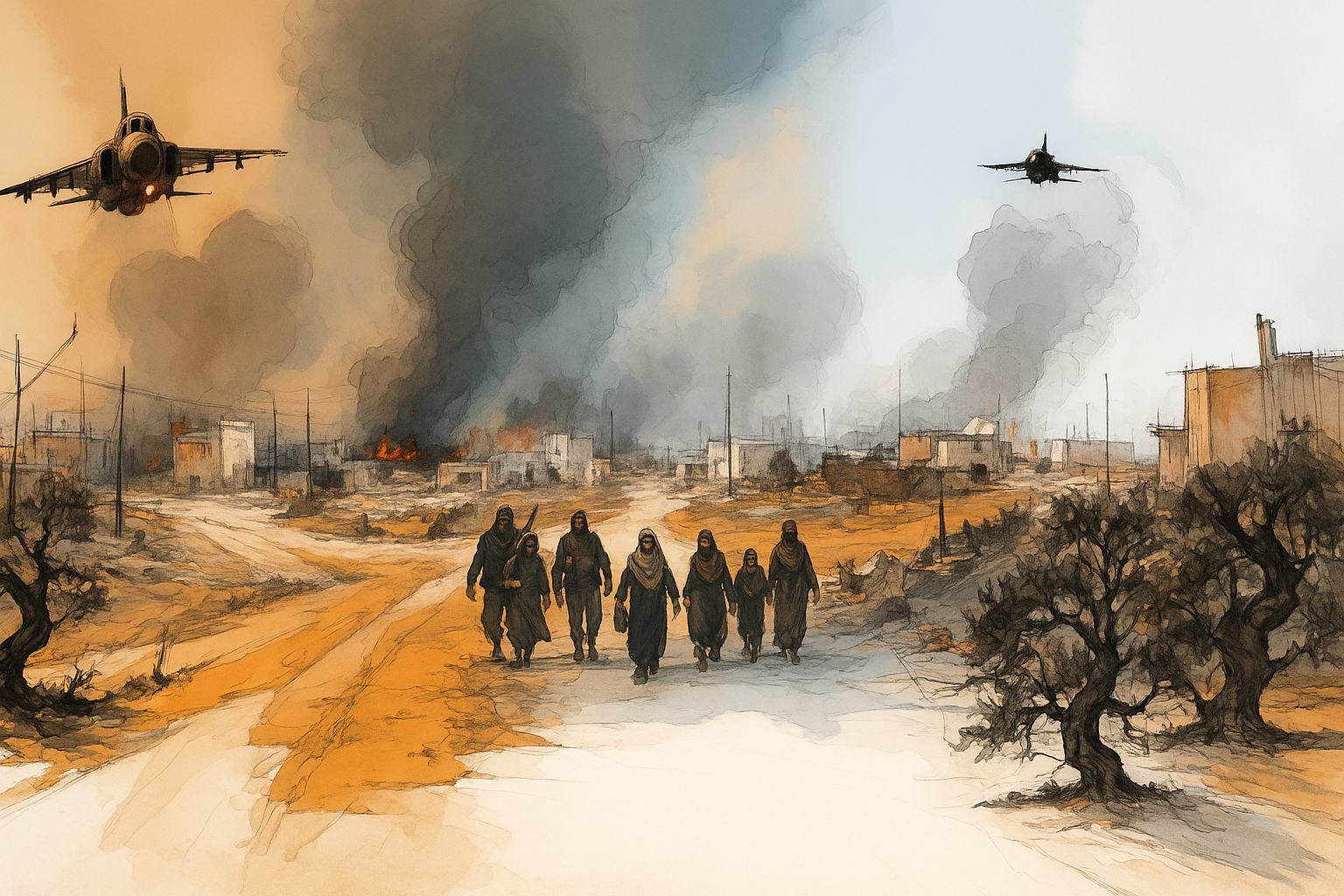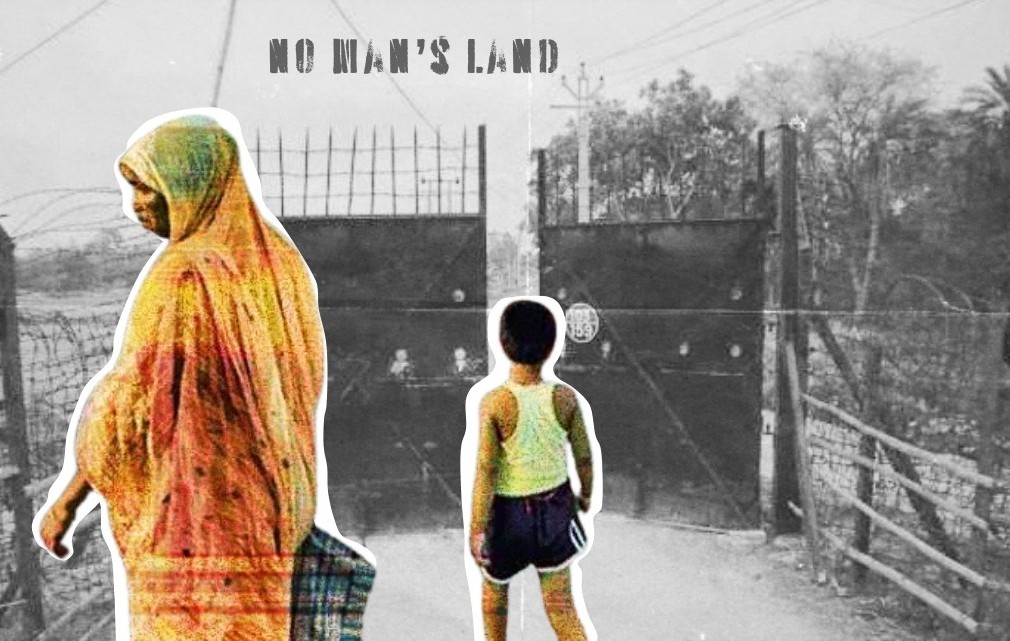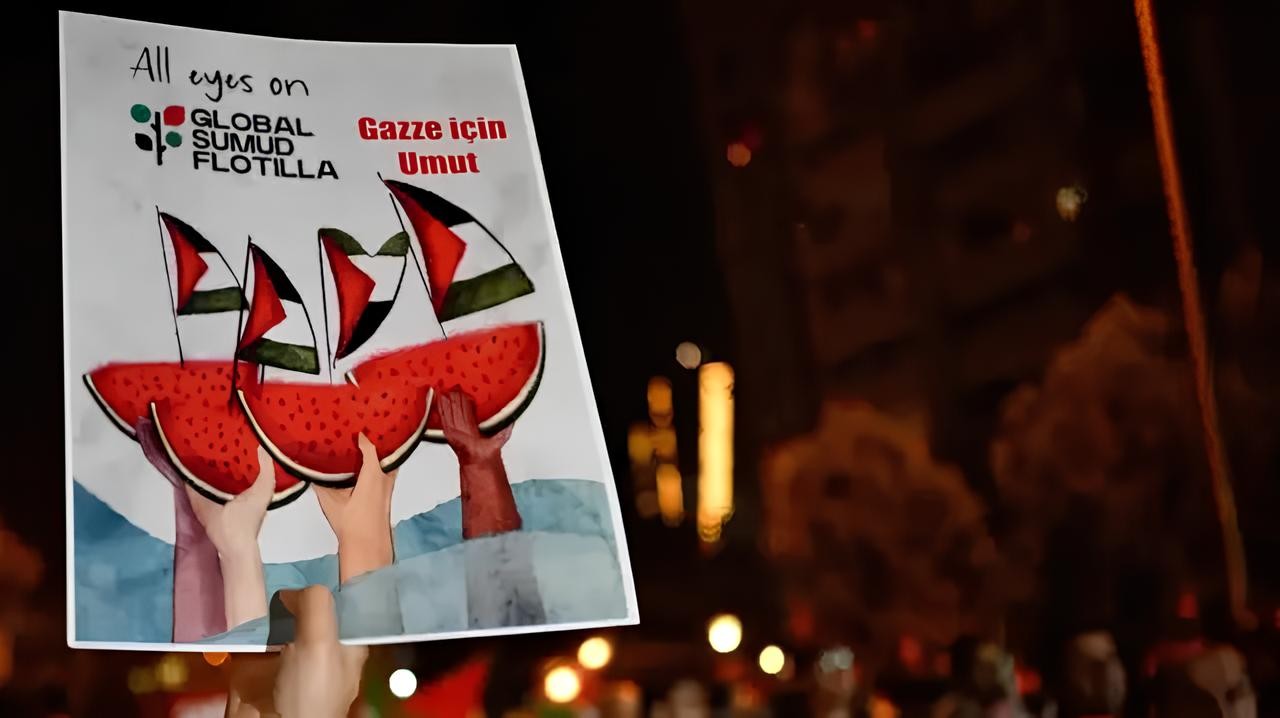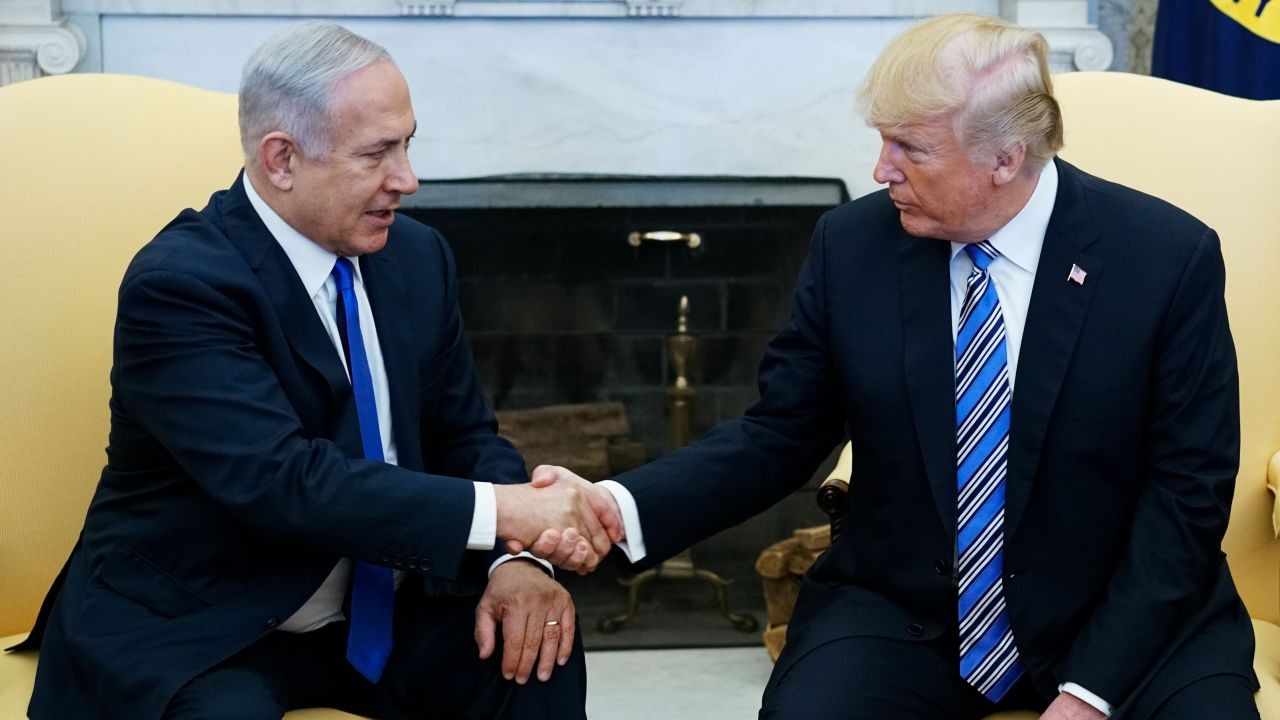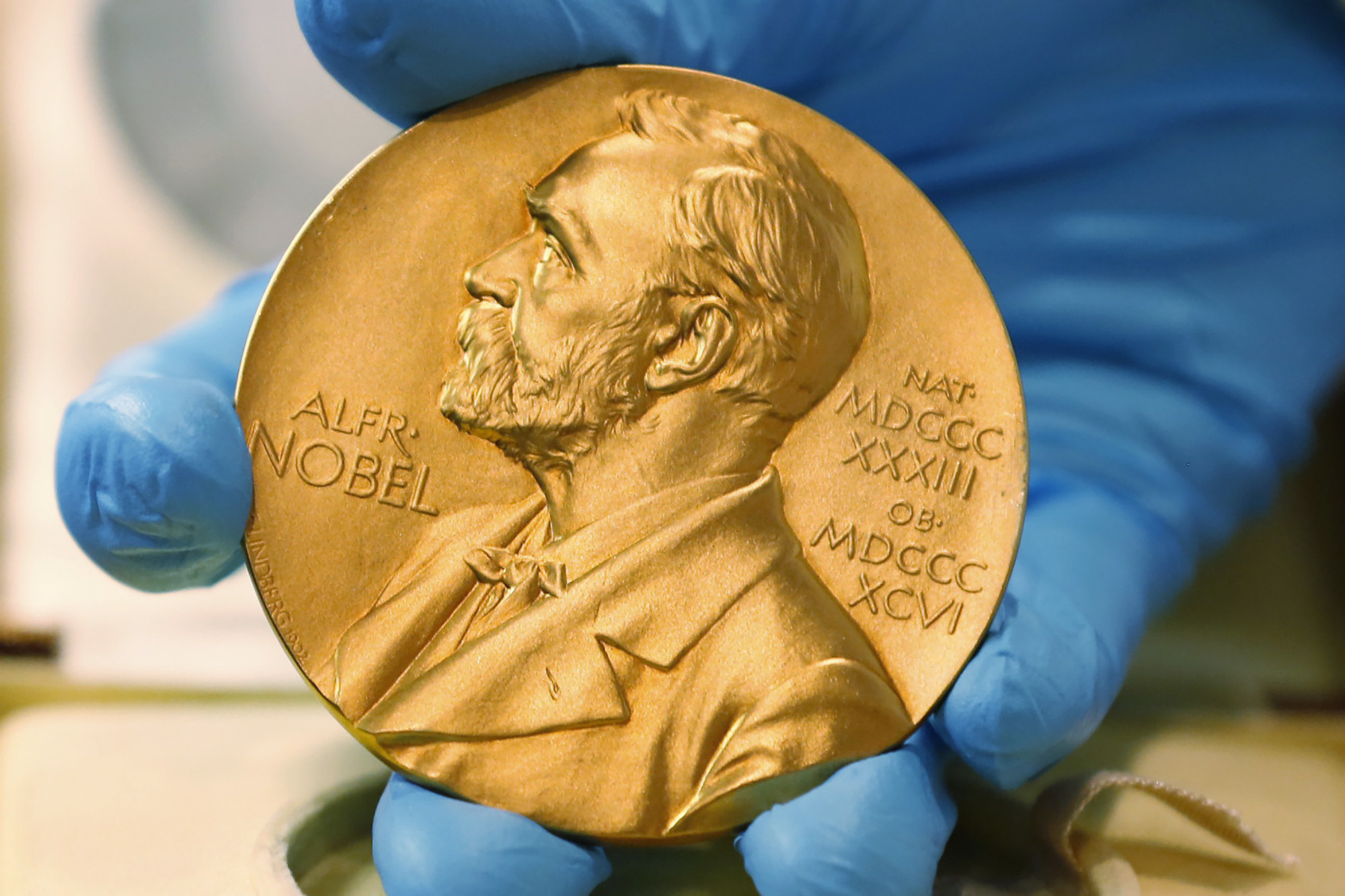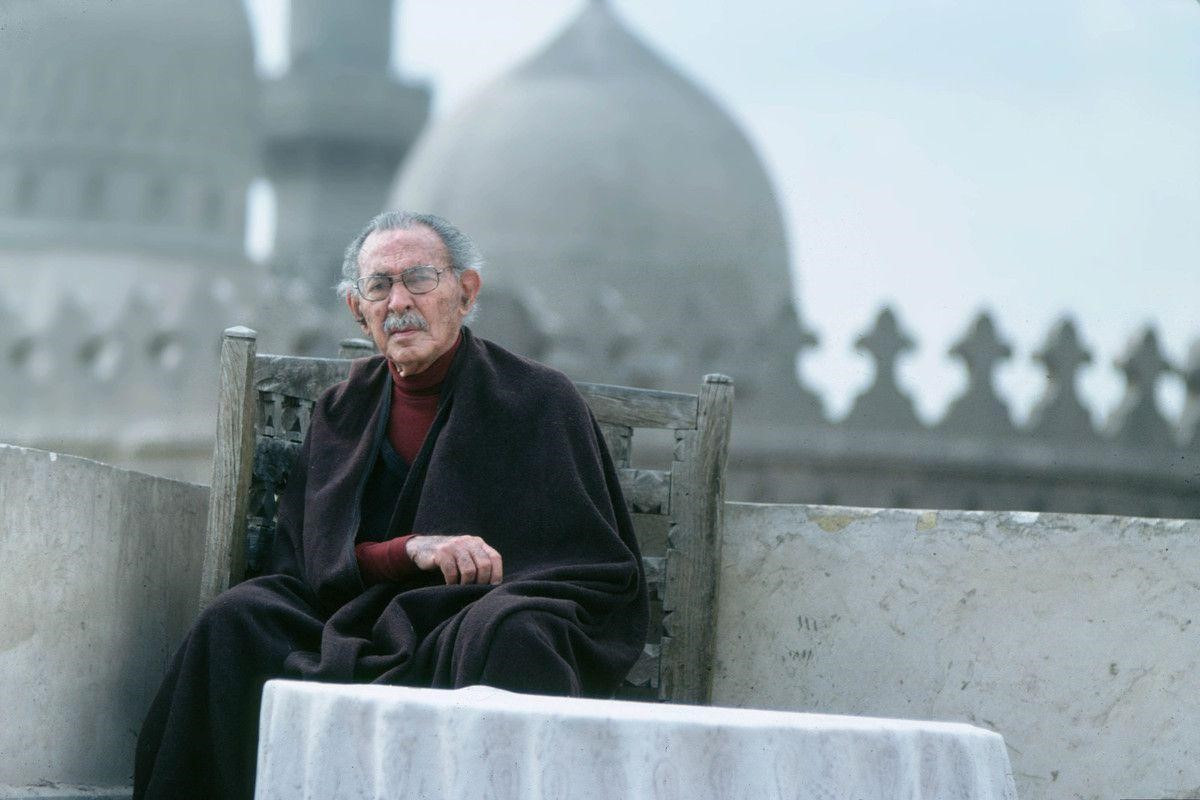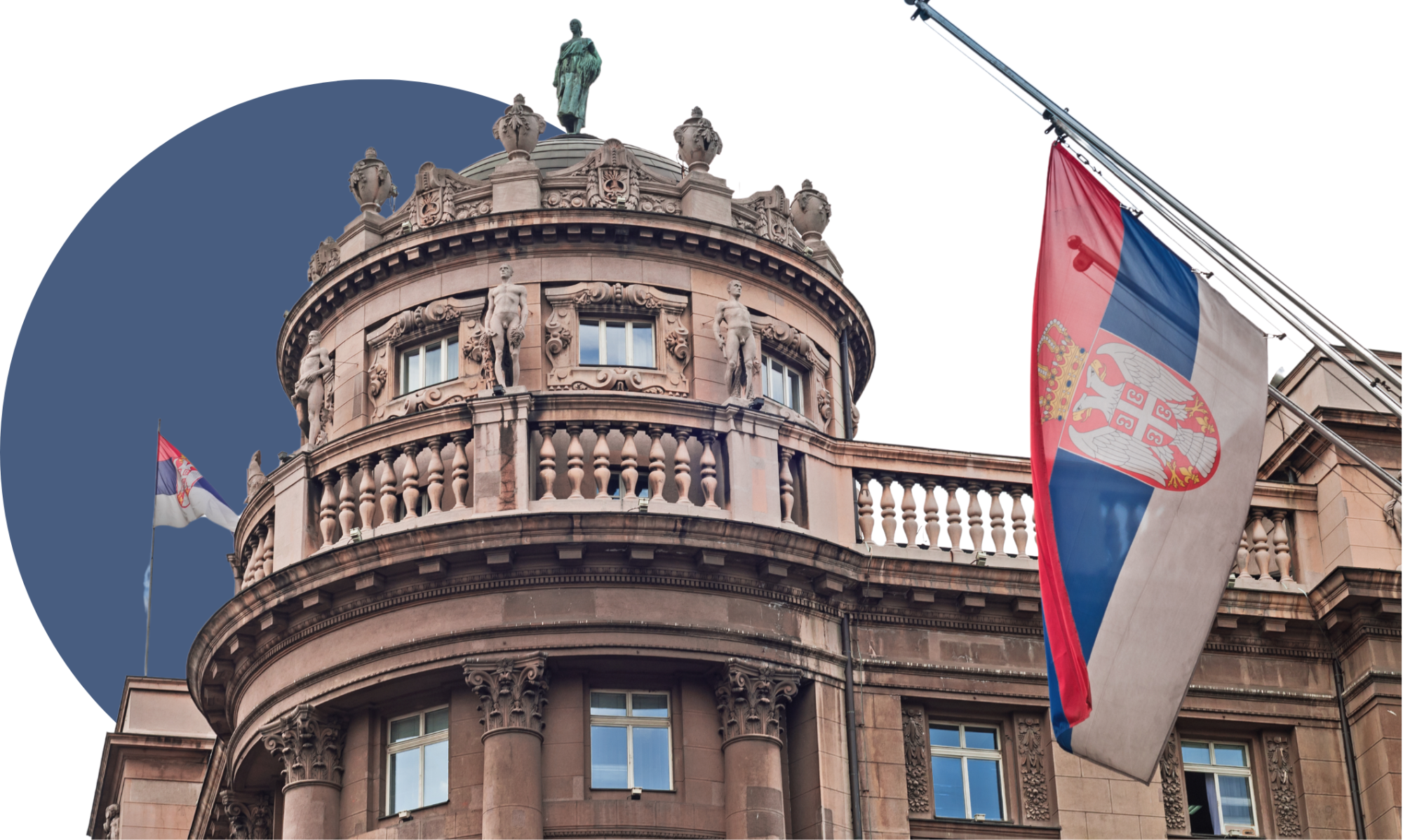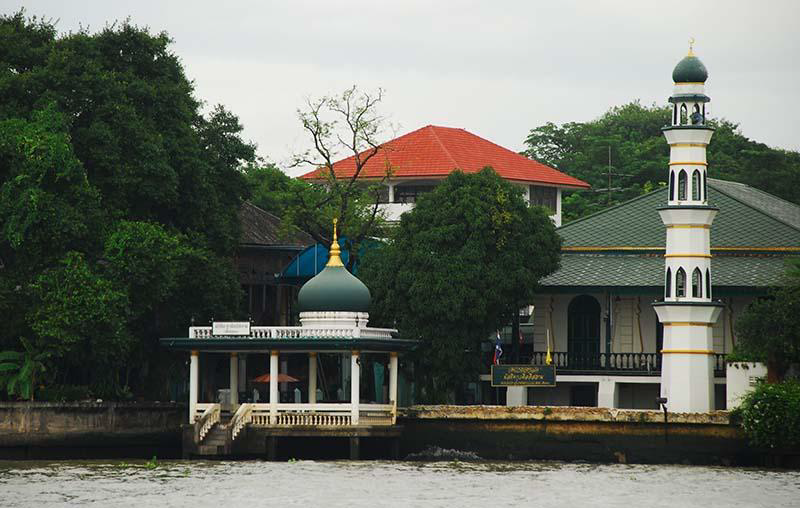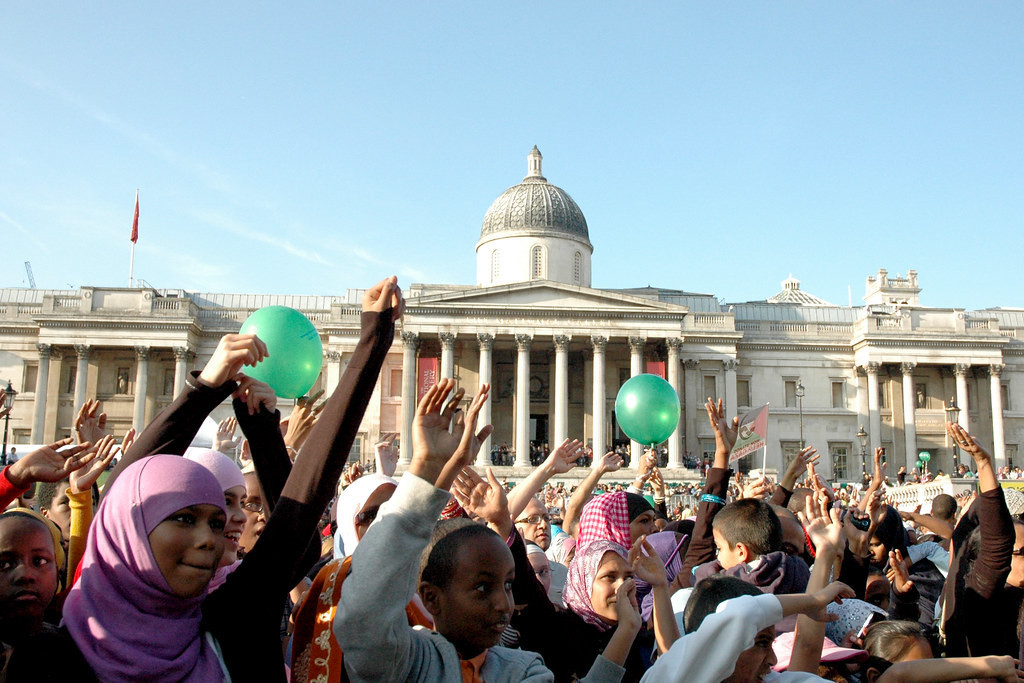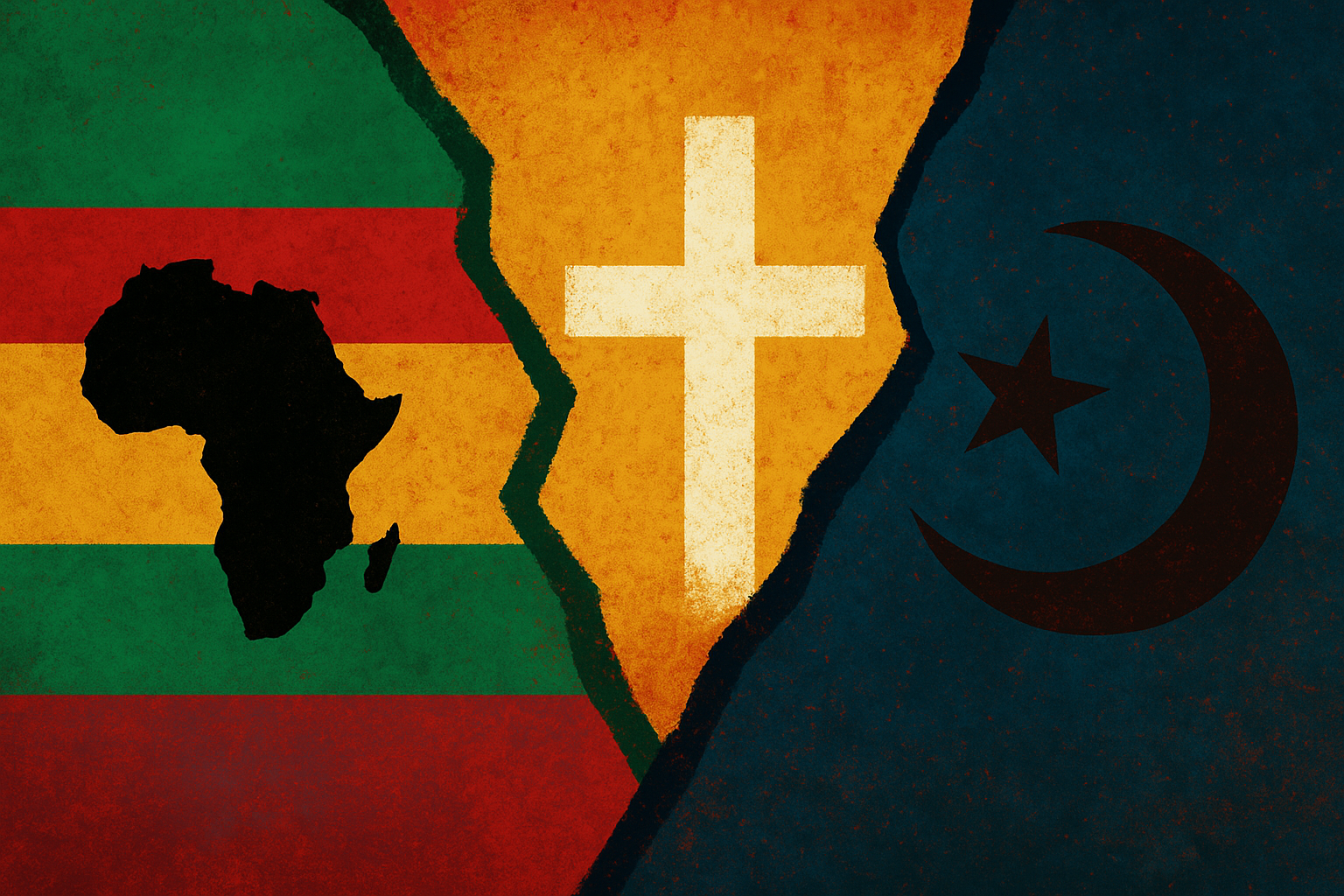
Religion and Identity in the Crossfire of Sahelian Awakening
The Sahel's anti-imperialist revival is accompanied by rising suspicion toward religion, particularly Islam, viewed as a colonial relic. Movements advocating traditional spirituality and "de-Arabised" Islam gain traction, challenging foreign influences. This complex dynamic reflects broader sentiments about cultural identity and colonial legacies in West African societies.
The recent political shifts across the Sahel, mainly driven by fatigue with French interference in regional politics, have undeniably enjoyed widespread popular support. However, along with this anti-imperialist revival is a growing suspicion toward religion by recasting it as a colonial relic. This sentiment, which now echoes beyond Francophone borders, can also be seen in Anglophone West African digital spaces where expressions such as “European and Arab colonialism” have become shorthand for rejecting both Christianity and Islam. While the former is readily associated with European imperial expansion, the inclusion of Islam, rooted in the region for more than a millennium, appears more complex. The roots and manifestations of this religious rejection, however, vary significantly across contexts, as the following examples show.
Many self-styled Africanists are not necessarily turning to atheism or deism; instead, they call for a return to traditional African spirituality. This trend is more pronounced in Mali, where tensions between religion and nationalism have been witnessed. Following the 2023 constitutional reform aimed at erasing vestiges of French identity, the Malian League of Imams and Scholars for Islamic Solidarity (LIMAMA) publicly disapproved of the draft’s principle of secularism, proposing instead that Mali be designated a “multi-faith state” (Doumbia, 2023). What brought the Malian clerics’ position into the spotlight was the concurrent rise of anti-Islamic rhetoric, especially among proponents of Kemetism—a recent neopagan movement inspired by ancient Egypt.
In November 2022, Fakoly Doumbia, a France-trained Africanist and leading Kemetist figure, was convicted for “offences of a religious nature capable of disturbing public order” after expressing support for a follower whose viral video showed him burning Qur’ans (Mali: Le Mouvement Kamite, 2023). The rise of Kemetism shows this growing current of opposition to Islam within the rhetoric of cultural revival. Although its influence remains concentrated in Mali, smaller chapters have appeared in Burkina Faso and Niger (Idrissa, 2023). In these contexts, Islam being the dominant religion has become an easy target for movements seeking visibility by associating the faith with foreign domination.
Closely linked to this development is the advocacy for a “de-Arabised” Islam. The most visible expression of this trend is the growing endorsement by Pan-Africanists of Nkoism, the nationalist Muslim Mandinka movement led by Nanfo Ismaël Diaby, who, since Ramadan 2019, has preferred to conduct prayers in local languages rather than in Arabic, as is customary among Muslims worldwide (Sidime, 2019). Although the movement originated in Guinea, its influence has expanded into Mali. According to the Nkoists, African emancipation requires ending not only French imperialism but also what they call “Islamic imperialism,” which they regard as even worse (Idrissa, 2023).
This anti-Arab disposition also shapes how some influential Sahelian figures interpret global events. For example, Ibrahima Maiga, an ally of Burkina Faso’s leader Ibrahim Traoré, recently dismissed solidarity with Palestine as an “ethnic matter,” arguing that Arab states have never supported Sahelian nations in their own struggles against insurgency (Maiga, 2025). In an earlier social media post, the exact figure even wrote “Israel Forever” in response to a message from the Israeli Defence Forces (Maiga, 2019). Such statements exemplify the growing detachment of certain Sahelian Pan-Africanists from the broader ummatic consciousness of global Islam. The suspicion that Muslims prioritise loyalty to the ummah over national identity is not novel. Kukah (1993) observed similar debates surrounding Nigeria’s entry into the Organisation of Islamic Cooperation (OIC).
Talking of Muslim international solidarity, the painful legacy of Western colonialism has cast suspicion on any form of foreign rapport in many African societies. Accordingly, some Pan-African writers have revived comparisons between Christianity and Islam as parallel instruments of cultural domination. Camara (2021), for instance, argues that Arab and Muslim countries employ Islam as a form of soft power. He claims that countries like Egypt, Algeria, Morocco, Saudi Arabia, Türkiye, and Qatar, through various religious institutions, seek to shape African public opinion, as religious leaders remain highly influential among the masses. However, arguments of this sort often resemble scapegoating more than rigorous analysis as they conflate legitimate cultural exchange and business relations with ideological manipulation for exploitation. Meanwhile, as observed in Opoku (2000), seeking to prevent the emergence of a unified pan-Islamic consciousness is itself a colonial project. Thus, it would be tragic if, in the postcolonial moment, Africans themselves completed that project.
Among other factors, anti-Muslim rhetoric in West Africa cannot be divorced from its socio-economic dimensions. In contemporary African political discourse, the question often arises as to whether religion is a curse to Africa’s development (Newuh, 2021). Muslim-dominated regions in West Africa tend to lag economically due to historical marginalisation and reduced missionary and colonial investment in education and infrastructure (Bauer et al., 2022). Over time, these disparities have fostered a form of learned helplessness among the masses. This may cause an observer to quickly conclude that Islam itself, or religiosity, is the cause of socio-economic backwardness.
It is worth noting that anti-religious debates remain confined mainly to social media and ideological circles. However, Sahelian governments’ blind eye to Muslim anti-colonial history in their decolonisation efforts may inadvertently reinforce negative perceptions of this history. As Shareef (2005) demonstrates, Islam lay at the heart of numerous early anti-colonial resistances across West Africa—from the Sokoto Caliphate to the jihads of Samori Touré and Umar al-Fūtī. These movements were grounded in religious cosmologies that defined political sovereignty long before the rise of Western-educated nationalist elites. If modern states seek to decolonise monuments and indigenise the naming of streets and airports, then preserving the legacies of those early anti-colonial leaders is equally vital.
The contemporary attempt to detach Islam from West African identity thus risks a selective reading of history. Many Africans once regarded Islam as an “indigenous faith” that was spread by Africans who had deeply integrated into local societies (Opoku, 2000). Moreover, the Sahel region’s historical prosperity is closely tied to its Islamic legacy. Building upon, rather than discarding, this heritage remains crucial for the region’s renewal. Besides, Islam and Christianity, though both initially introduced from beyond the continent, have long been indigenised and have profoundly shaped Africa’s intellectual and moral life. The challenge, therefore, is to reform distorted interpretations without dismantling the spiritual foundations that have sustained African societies for centuries. Conclusively, while Sahelian decolonial discourse seeks to reclaim African sovereignty, it may defeat its aim if it targets the very Islamic heritage that once animated the continent’s anti-imperial resistance.
References
Bauer, V., Platas, M. R., & Weinstein, J. M. (2022). Legacies of Islamic Rule in Africa: Colonial Responses and Contemporary Development. World Development, 152, 105750. https://doi.org/10.1016/j.worlddev.2021.105750
Camara, J. B. (2021). La religion, nouvel outil du néocolonialisme en Afrique ? https://doi.org/10.3406/rint.2021.3102
Doumbia, F. (2023, April 18). Towards the Fourth Republic of Mali: Analysis of the Draft Constitution. ConstitutionNet. http://constitutionnet.org/news/towards-fourth-republic-mali-analysis-draft-constitution
Idrissa, R. (2023, February 2). Rahmane Idrissa · Diary: In Bamako. London Review of Books, 45(03). https://www.lrb.co.uk/the-paper/v45/n03/rahmane-idrissa/diary
Kukah, M. H. (1993). Religion, politics and power in Northern Nigeria. Spectrum Books.
Maiga, I. (2019, August 27). Israel forever. X (formerly Twitter). https://x.com/Ibrahimamaigaa/status/1166477809742745601
Maiga, I. (2025, September 12). Le conflit israélo-palestinien n’est pas notre combat religieux. X. https://x.com/Ibrahimamaigaa/status/1966525809696395754
Mali: Le Mouvement Kamite. (2023). Division de l’information, de la documentation et des recherches - DIDR.
Newuh, M. M. (2021, June 29). Religion and development in Africa: Blessing or curse? Dw.Com. https://www.dw.com/en/religion-and-development-in-africa-blessing-or-curse/a-58075900
Opoku, K. A. (2000). La religion en Afrique pendant l’époque coloniale. In A Adu Boahen (Ed.), Histoire générale de l’Afrique. UNESCO. https://bokundoli.org/doc/histoire-generale-de-l-afrique-t7-23/
Shareef, M. (2005). Zaman ’n-Nasaara: The Hour of the Christian: African Muslim Resisteance to European Colonialism. Sankore Institute of Islamic - African Studies International.
Sidime, A. (Director). (2019, June 13). Nanfo Diaby: Pourquoi je fais ma prière en N’ko (Malinké) (Entretien exclusif) [Video recording]. https://www.youtube.com/watch?v=dFgPXPaRsKo
Ifeoluwa Siddiq Oyelami
Ifeoluwa Siddiq Oyelami is a doctoral candidate in Basic Islamic Sciences at Erciyes University, Türkiye. His research explores religion and postcolonial Islamic thought, with particular attention to radical interpretations, interreligious relations,...
 Ifeoluwa Siddiq Oyelami
Ifeoluwa Siddiq Oyelami